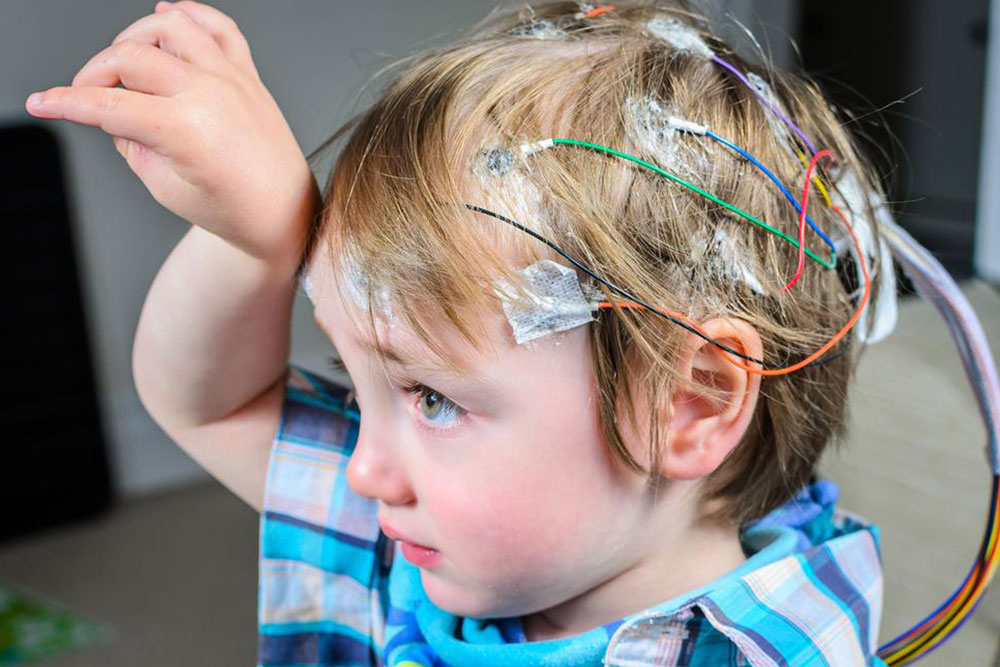Understanding the Initial Phases of Dementia
This article explains the early signs of dementia, emphasizing the importance of recognizing symptoms like memory loss, behavioral changes, and confusion for timely intervention. Understanding these initial indicators can help in early diagnosis and better management of the condition.

Dementia encompasses a range of symptoms caused by various brain conditions. These symptoms impair memory, communication, social interaction, and cognitive functions sufficiently to interfere with daily activities. Common triggers include Alzheimer's disease, frontotemporal dementia, vascular issues, Parkinson's disease, head injuries, and others.
This neurodegenerative disorder progresses over time, worsening its symptoms. Recognizing early signs is crucial for prompt diagnosis and management.
Note that memory loss by itself isn't definitive for dementia.
Brief Memory Deficits: Individuals may struggle to recall recent events, such as what they ate or where they placed objects.
Emotional Fluctuations: Sudden shifts in mood, such as irritability or depression, are common.
Disorientation: Confusion regarding familiar locations or people can occur.
Language Difficulties: Difficulty finding words or explaining thoughts may be early indicators.
Behavioral Changes: Altered personality traits, increased socialization or withdrawal, paranoia, or neglect of personal hygiene could arise.
Poor Decision Making: Reduced judgment in routine or urgent situations.
Functional Decline: Struggling with routine tasks like driving or household chores.
Abstract Thinking Loss: Forgetting numbers, managing finances, or handling everyday calculations.
Decreased Interest: Loss of motivation or enthusiasm for hobbies or new activities.
Focus Impairment: Difficulties maintaining concentration.










